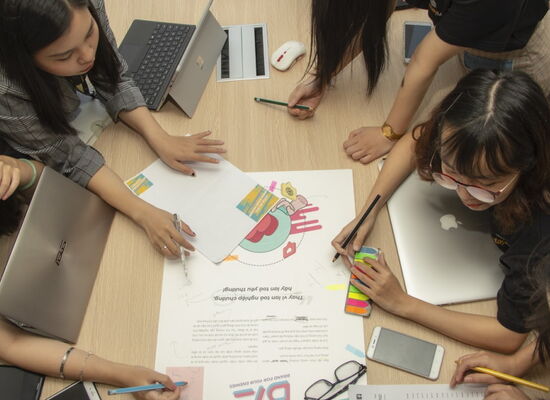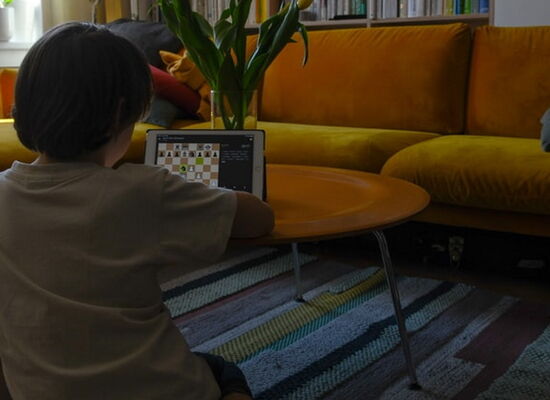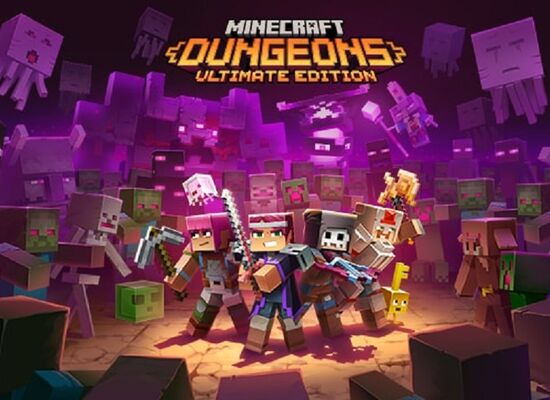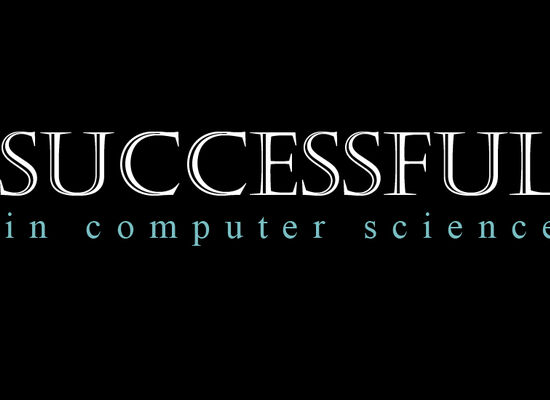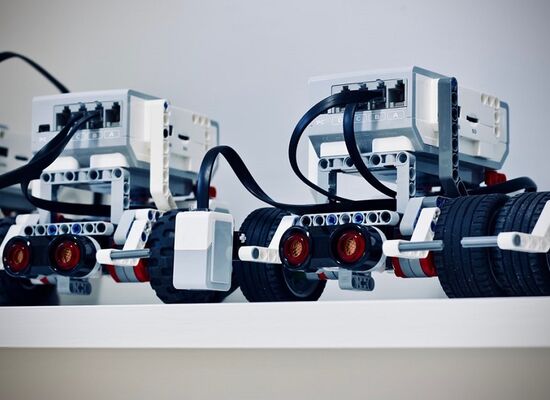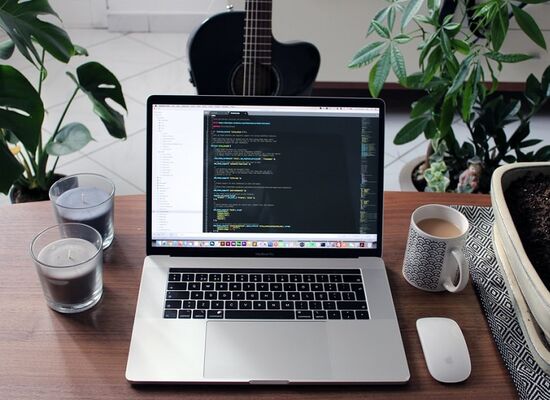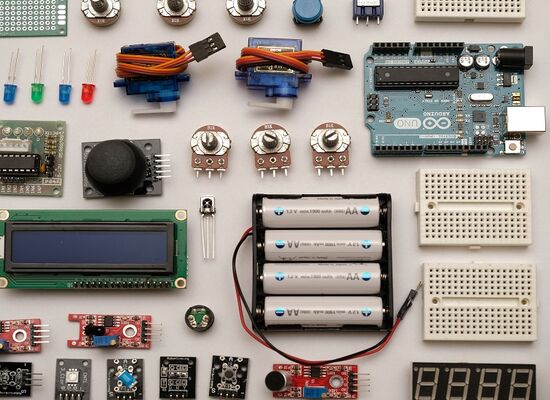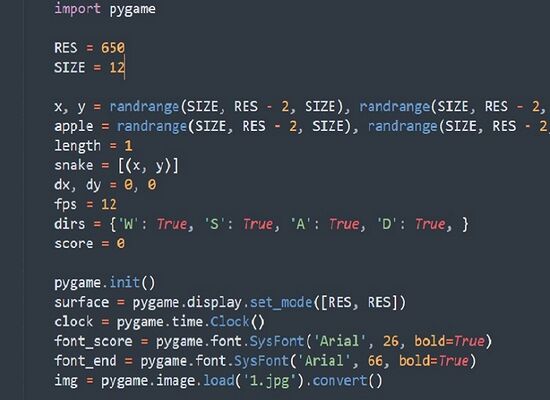Extracurricular Activities to Enhance Your Child’s Remote Learning Experience
12 October, 2020
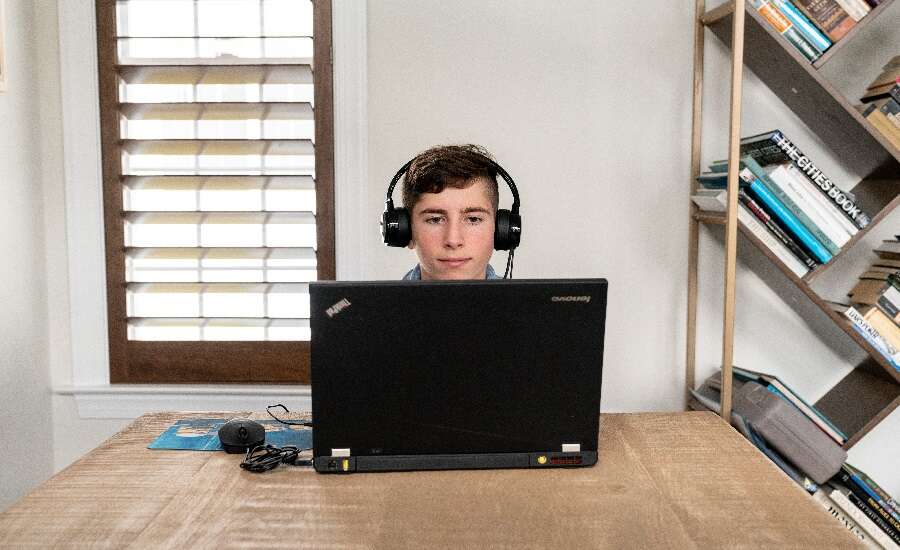
How can I make my child’s remote learning experience more fun?
- Play educational games: Board, card, and dice games are a great offline way to wind down after a day of online classes, and they can be educational too!
- Enjoy at-home science experiments: Bring your child’s online science classes to life with these fun experiments for biology, chemistry and physics
- Take an online class: An online format is ideal for extracurricular classes such as coding, and you can find lessons for all ages, abilities and interests
Extracurricular Activities to Enhance Your Child’s Remote Learning Experience

After months of uncertainty about if or when children will return to the classroom, the autumn term has finally arrived. The new academic year looks to be challenging and unsettled, and as of 17th September, only Florida, Texas, Iowa and Arkansas have state-ordered face-to-face instruction on a part-time or full-time basis. In the majority of states, in-person education depends on the school, district, or local health authorities.
While some children are privileged enough to study in-person in a learning pod, many are spending some or all of their school days in remote learning. But online education does not mean that your child can’t enjoy their school subjects or even learn something new. So, which online or offline extracurricular activities can enhance your child’s remote learning experience?
Subject-related games
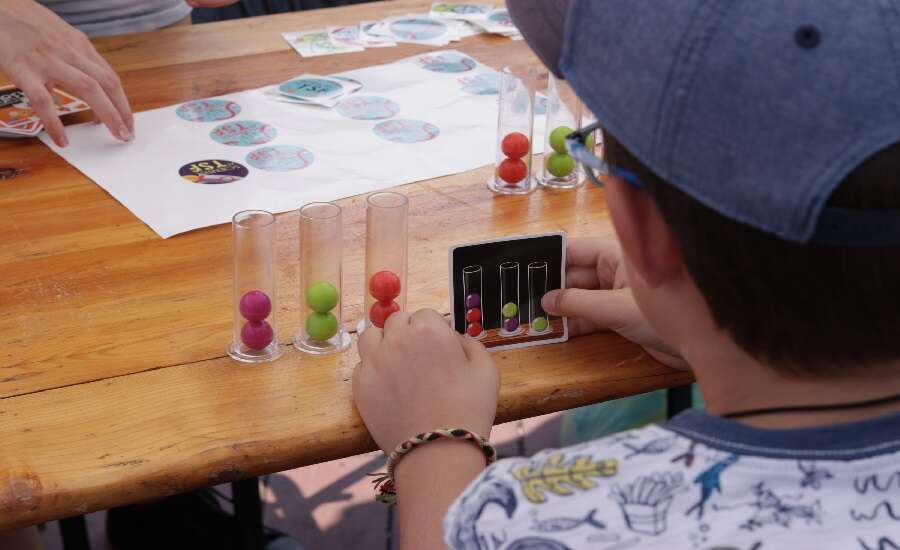
After a day spent in front of a screen, playing an offline game can be a great way to wind down. What’s more, you can choose a game which contributes to your child’s learning.
- Young children can practise their maths skills with dice or cards. Each player rolls three or more dice, or turns over three or more cards. Then, they make the biggest or smallest number possible by adding, subtracting, multiplying or dividing the numbers.
- Scrabble and Bananagrams are great for practising vocabulary. In Scrabble, each player gets 7 lettered tiles and arranges them on the board to make words. Each letter has a certain number of points, and some squares on the board can double or triple your scores. In Bananagrams, each player starts with 21 lettered tiles which they arrange into crossword-style words, picking up new tiles as they go along. Players race to use up all the tiles available.
- Economics students can put their lessons into practice by playing Monopoly. They can find out which family member is a cutthroat businessman, practice making their own investments and managing a property portfolio, and learn about economics principles such as supply and demand, loans, bankruptcy, and monopoly!
Science experiments at home

Hands-on activities like science experiments are a great way to bring children’s remote lessons to life. You can explain the science behind these simple experiments and encourage your child to make hypotheses, write an instruction sheet for their experiments, and evaluate their results afterwards.
Physics:
- Wait for a sunny day and make a sun dial. All you need is a stick, some plasticine, and a piece of chalk, and then you can mark the shadow at different points in the day.
- Keep a moon diary to show the different stages of the lunar calendar, and ask your child to explain why the moon looks different every night.
- Make a parachute out of different materials such as a plastic or paper bag or tissue paper. Experiment with which designs and materials work best.
- Challenge your child to build a tower using old newspapers and tape, to support a small toy. Who can build the tallest tower? Which towers are most successful, and why?
Chemistry:
- Chromatography is very easy to do at home. Color one end of a paper towel with a marker and dip the other end into water, or place a sweet like a Skittle or M&M into a dish of water, and see what happens.
- Children can learn about the reaction between acid and alkali by mixing vinegar and baking soda – just make sure to do this outside if possible! Create a paper-maché volcano and add red-dyed vinegar to baking soda, or mix the two in a plastic bottle and quickly place a balloon over the top.
- Communicate with your child in invisible ink! Squeeze a lemon into a bowl and mix with a few drops of water. Use a cotton bud or paintbrush to write a message on a sheet of paper and wait for it to dry. To reveal the message, heat the paper with a hairdryer or hold it close to a lightbulb.
Biology:
- The trend of growing or making your own food flourished during the pandemic, and your child can enjoy biology experiments along these lines.
- Why not make your own yoghurt or bread? Not only will your child learn about the biological process of fermentation, but they’ll have a tasty snack at the end.
- Grow fruit and vegetables from seeds or scraps by placing the base of leafy vegetables such as lettuce or celery, the bulb of veggies such as onions or leeks, or the tops of root vegetables like carrots or turnips into ½ an inch of water. Once roots appear or the leafy top starts to sprout again, plant in soil and wait!
Sign up for an online class
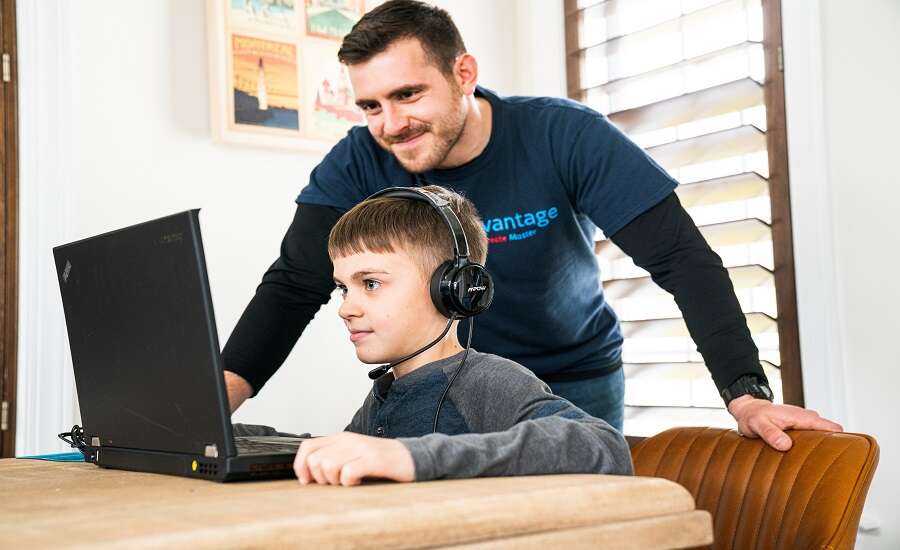
If your child hasn’t tired of looking at a screen, then there are countless online classes where they can supplement their school lessons or even learn something new. One of the most useful skills that your child can learn is computer programming – and online classes are an ideal format for learning to code. There are online coding classes available for all ages, abilities and interests, whether your teenager is fascinated with robots or your kindergartner loves to play games. You can also find coding classes of many different formats to suit yours and your child’s needs.
At Code Advantage, we offer a wide range of extracurricular classes to enrich your child’s education with critical STEM and coding skills not often taught in schools. We offer a range of classes, from 1:1 private instruction to sessions with a select group of your child’s friends, which can fit into whatever learning path you have chosen this year — remote schooling, home-schooling, learning pod, or a hybrid approach. On some days we run more than 100 classes across many time zones, so there is certainly a class to suit your child’s schedule.
So, what’s on offer?
We offer block-based coding classes for kindergarteners to 5th graders, which are a fantastic introduction to coding as no typing abilities are required. These include Scratch and ScratchJr, 3D Video Game Design with Kodu, and Minecraft Java Mods.
For 1st to 3rd graders who are interested in creative game design, our Minecraft Club and Roblox Build classes are ideal.
For older kids from 4th grade to 8th grade and above, we offer text-based coding classes for a variety of interests. Gamers will enjoy Minecraft Modding: Java, Roblox Code, or Python, and future web designers can follow their passions with Web & App development classes.
We also offer Robotics classes for 3rd to 8th graders!
Thanks for reading this article and if you have any questions or comments on this topic or coding and STEM in general, please feel free to contact us.
Photos by Deleece Cook, Daniel Öberg, Em M. on Unsplash
